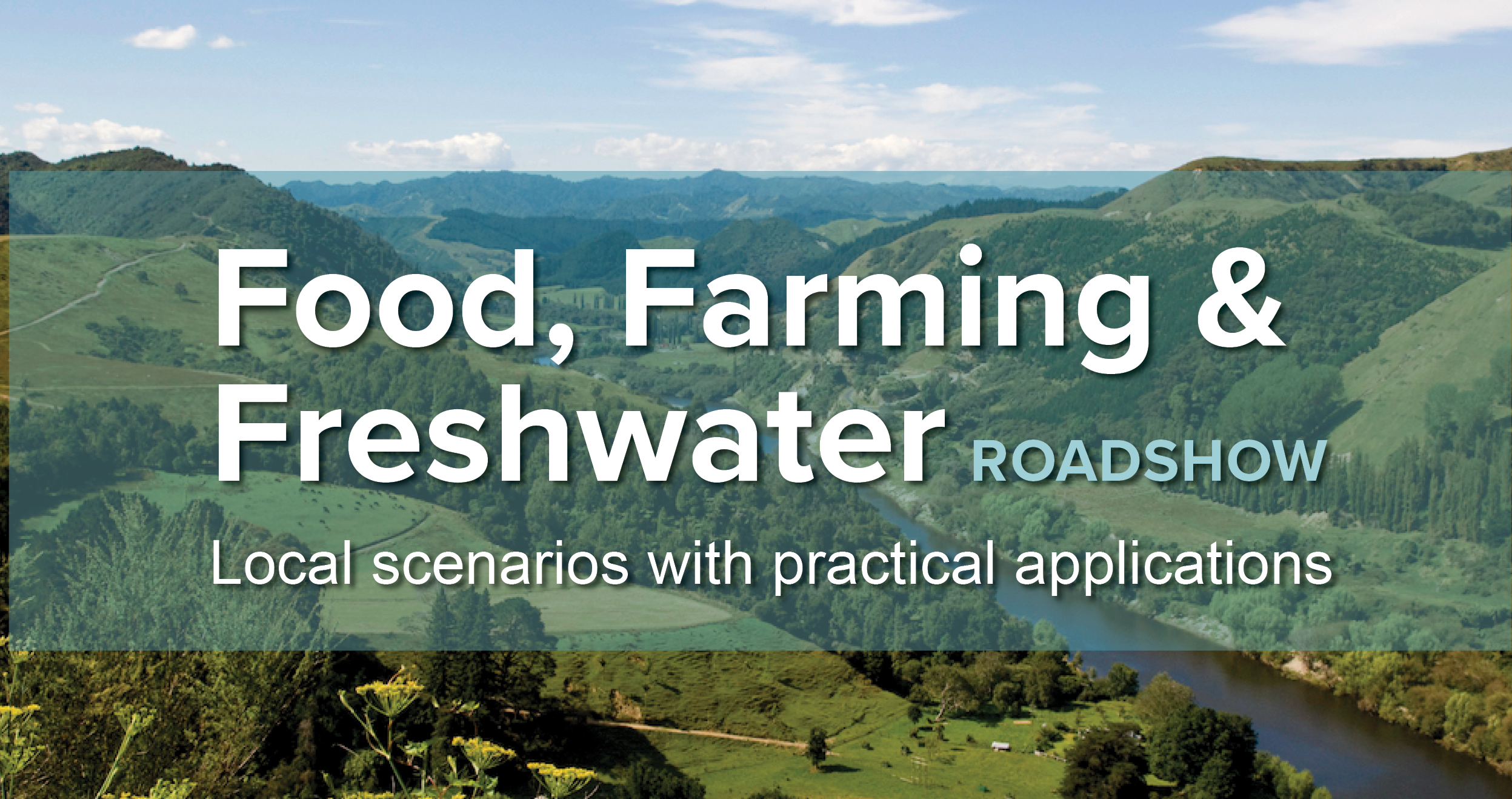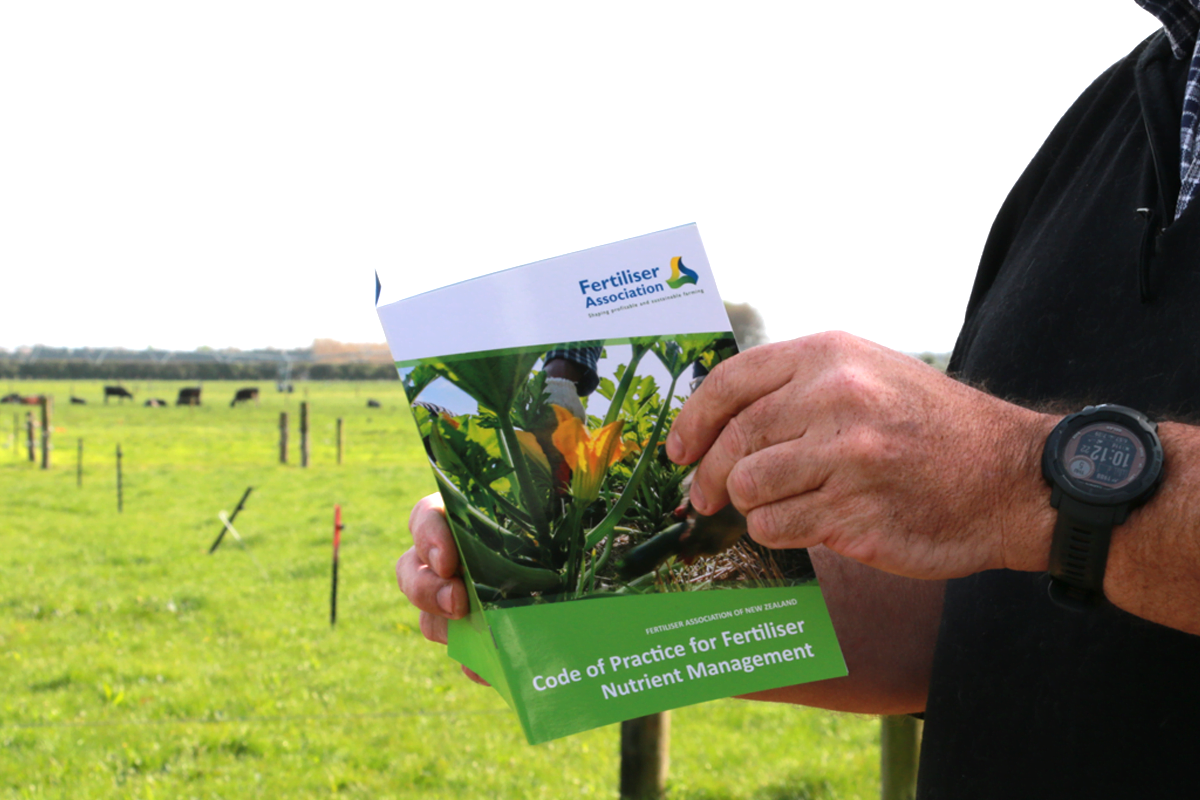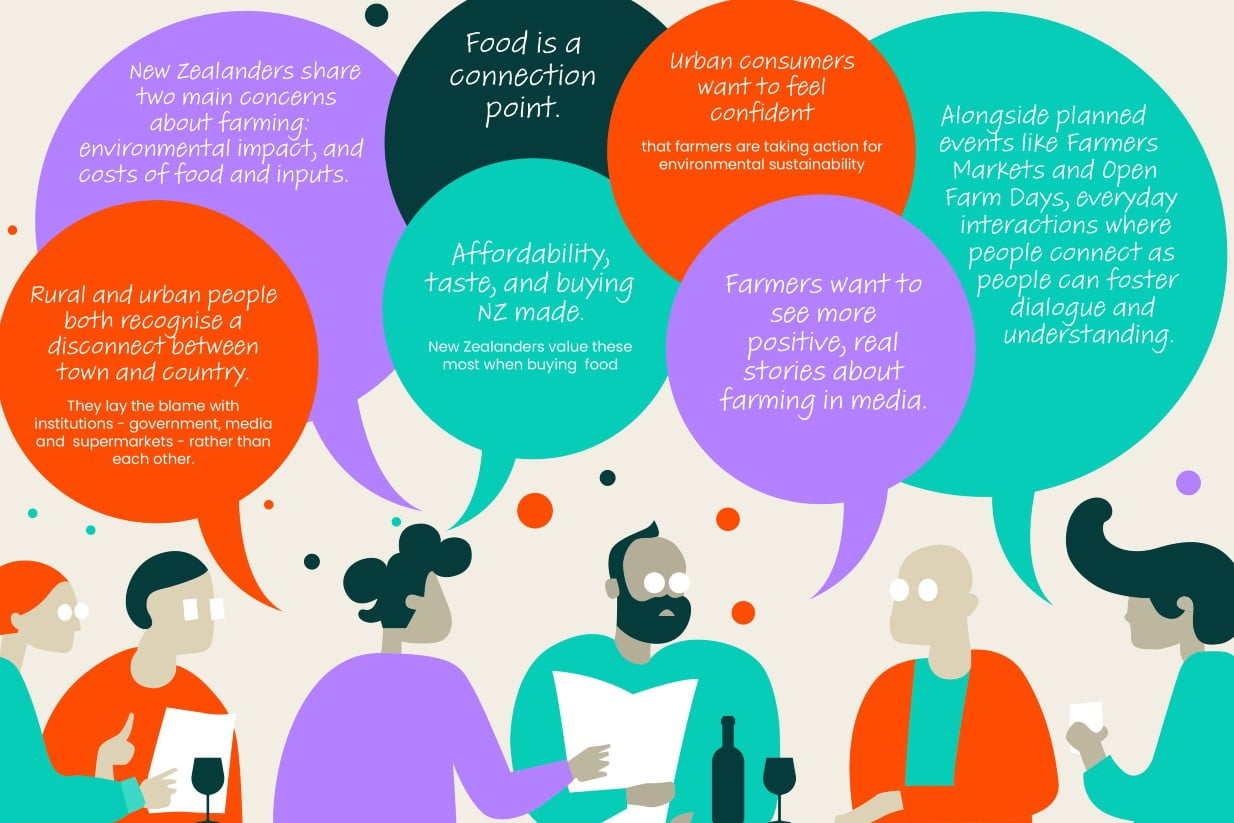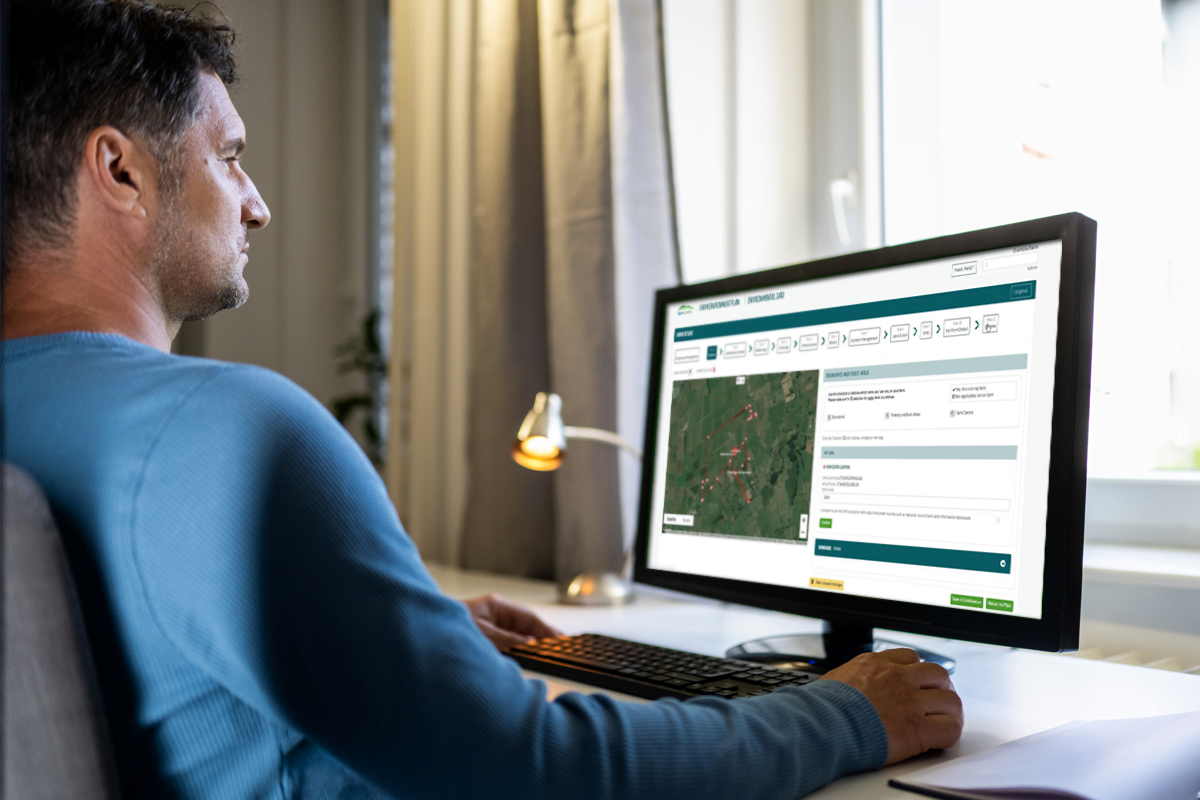Why and How to Work in Te Ao Māori and with Māori Organisations
Chris Koroheke, kaiurungi at AgResearch, offers some context around why and how researchers should work in te ao Māori (the Māori world) and with Māori people and organisations.
Kia ora mai tatou. My name is Chris Koroheke and as kaiurungi my role at AgResearch is to steer the ocean voyaging waka as we drive prosperity by transforming agriculture. My position was created to give leadership to our journey within te ao Māori. I’d like to talk about te ao Māori (the Māori world) and offer some context around why and how researchers should work in te ao Māori and with Māori people and organisations.
There are a couple of critical elements to Māori relationship with whenua (land) that you need to get your head around. Let’s start by looking at the way Māori view and experience their land. Here are some key features of Māori land:
- Māori land is owned communally, with many associated whanau held in customary and freehold titles
- Māori landowners are related through whakapapa (genealogy) therefore the land is ancestral
- Māori land is intergenerational and it is virtually impossible to dispose of outside the landowning group (although legislation can and has been used to acquire land, for example the Public Works Act)
- Māori land cannot be used as security, therefore it cannot be used to raise investment capital (posing a challenge for landowners)
- There is a strong spiritual connection to the land underpinned by whakapapa and obligations of kaitiaki (guardianship of the land) and manaaki (providing for each other and others)
- The expression ‘tangata whenua’ (people of the land) is the Māori name to describe themselves in relationship to their rohe (land or tribal boundaries)
With all of that in mind, you should be able to see that the concept of prosperity for Māori people is quite different from simply growing profitability and productivity alone. For Māori, there are other compelling drivers and they all play a part in matrix of Māori decision-making.
- Social – contributing to the wellbeing of their people
- Environmental – contributing to the wellbeing of the land and waterways
- Culture – the language and customs associated with the land with a thriving marae
- Economic – a viable, sustainable business
Prosperity from a te ao Māori point of view is a game of balancing these four outcomes, and this is often quite different from doing business with ‘mainstream’ agricultural stakeholders.
Māori agribusinesses want to strengthen their business models, diversify their land use, reduce their environmental footprint, use mātauranga Māori (indigenous knowledge) to innovate and create higher value products, while creating employment opportunities for current and future generations. This is as a means of providing sustenance for future generations.
Understanding the Māori approach to agribusiness
In 2019, many Māori agribusinesses aspire to take their cultural story directly to the marketplace or to bring the marketplace to them, wrapping their products in provenance underpinned backed by authentic experiences.
This is a leap forward from the current trend to ‘sell at the farm gate’. It also requires a holistic focus where maximising profits or production is not done at the expense of other outcomes.
Moreover, culture and identity are import. Māori protocols are most likely to be interwoven into normal business practices and reflected in meetings and engagements (for example, whanaungatanga and wairua, starting meetings with a karakia and mihi whakatau greetings). By understanding and appreciating what is valued, starting with the language and cultural values, we can then enter te ao Māori with sincerity.
The most obvious and immediate challenge when starting out on this journey is to develop trust and long-term relationships in the Māori world. While this is true of any business partner or client, doing so in te ao Māori requires cultural savvy, persistence and patience.
My challenge to you
I’d like to encourage you to become curious about the Māori worldview – or if you are a student of Māori culture then to continue to be curious about the Māori worldview. Seek to really understand Māori cultural behaviours and make every reasonable effort to demonstrate that growing understanding with your colleagues and especially when interacting with Māori.
Do you watch Māori TV? Do you read or subscribe to any Māori publications or podcasts? If you don’t, I encourage you to start by just adding one podcast to your regular weekly roster of listens, or to start following E-Tangata (a Māori and Pasifika Sunday magazine) on Facebook for a Māori perspective in your Facebook feed, or make time to watch the news on Māori TV once a week. This is a simple way to introduce a Māori worldview into your worldview that’s meaningful and easy.
Why should you make the effort? If you aren’t convinced, yet, then there’s always funding. The Vision Mātauranga policy is pegged to funding applications – and it’s really obvious when an application has just added something in to ‘cover VM’ versus when an application really demonstrates genuine engagement and thought leadership in and with Māori.
The intention of Vision Mātaruanga is to challenge us to think about the impact on Māori businesses and communities even if the research is not immediately identifiably relevant. And if that’s hard to do, then this encourages us to reach out and work with Māori communities and agribusiness people with traditional knowledge in order to create a unique approach based on mātauranga Māori.
Heoi ano ra kia kaha koutou e hoa ma!
So I encourage you to give it your best shot!
Author
One response to “Why and How to Work in Te Ao Māori and with Māori Organisations”
There is some further great advice in this LinkedIn post by Atawhai Tibble: https://www.linkedin.com/pulse/engaging-m%C4%81ori-its-whats-whys-how-tos-atawhai-tibble/
 View Our Strategy Document 2019 – 2024
View Our Strategy Document 2019 – 2024




Leave a Reply